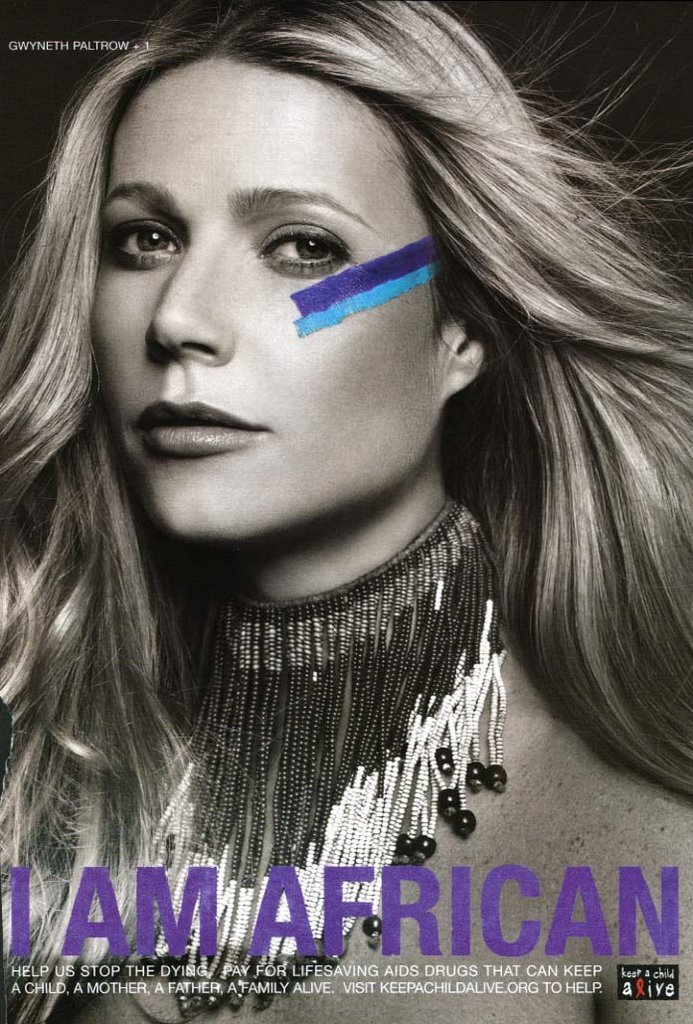There is a growing consensus that the only way out for Africa is private sector led, with a minimal role for the public sector in achieving sustainable economic development and poverty reduction. In this article, I argue, however, that the role of the public sector is necessary to boost growth, notably public-private interactions are key.
A key impediment to growth on the continent is lack of infrastructure. Infrastructure is an umbrella term for activities including power, telecommunications, piped water-supply, sanitation and sewerage, solid waste collection and disposal, and piped gas. This also includes development of massive public works projects like the construction of roads and dams, and irrigation and drainage facilities; and transportation and communications network.
This deficiency is particularly greater in the area of sanitation (65% coverage for sub-sahelian countries against a total of 82% for developing countries as a whole), electricity (24% against 58%) and rural road access (34% against 90%).
Interactions with the private sector can take many forms:
· Private operator under contract to the government;
· Joint public-private ventures;
· Franchises and concessions;
· Build-operate-transfer schemes;
· Deregulation; and
· Volunteerism.
One of the key reasons I am an advocate of public-private sector collaborations is that despite the potential benefits in large-scale private investment in development projects, one of the drawbacks of private financing is that priorities maybe determined in purely economic terms without any consideration of social impacts.
Further another drawback associated with private financing is the diversion of domestic resources to lower-priority activities – to the extent that project selection criteria are distorted by the quest for leverage – so as to bring in foreign investment and make projects work.
Further, necessary ancillary investments by the Government can be significant. Private investors prefer to invest in existing high-demand areas instead of extending services to unserved areas, as revenue is surer, even though doing so may be against the best interests of a city or a region, thus requiring a high level of public sector investment to ensure services are created for those that require them the most.
Aside from infrastructure, regulatory reforms are also necessary to make it easier for companies to start and grow in the formal sector and thus attract greater levels of investments. The average ranking of African countries in the World Bank league table for the ease of doing business was 138th (out of 190 countries) – the worst ranking for any continent. The private sector has a limited ability in achieving regulatory reforms.
Weak governance institutions are key impediments to growth, economic competitiveness and private sector development (domestic and foreign investment). Stronger public sector institutions and improved country systems for managing public resources will contribute to improving accountability and transparency in public finances and procurement practices. This is the foundation for equitable development and also for a better business environment. Therefore it is imperative that there is a high degree of collaboration between the public and private sectors to induce growth.






